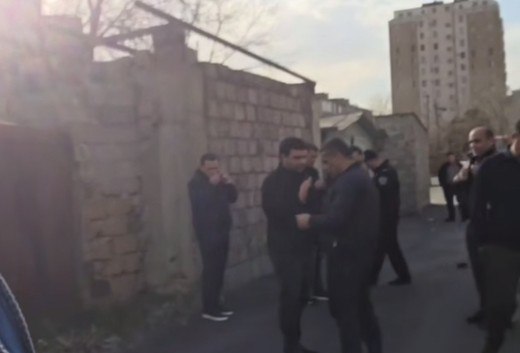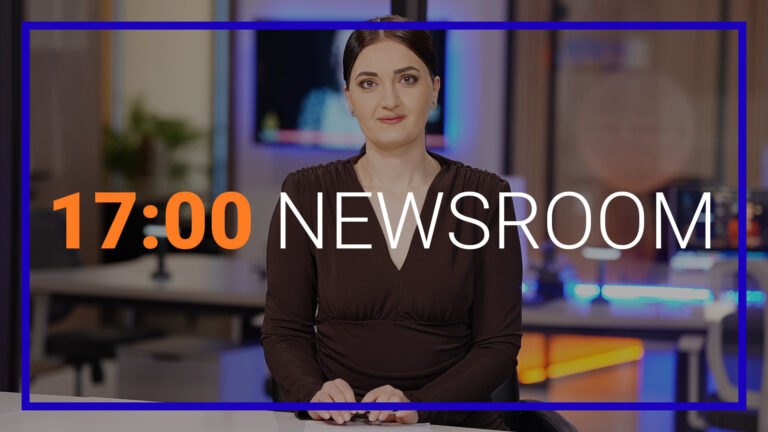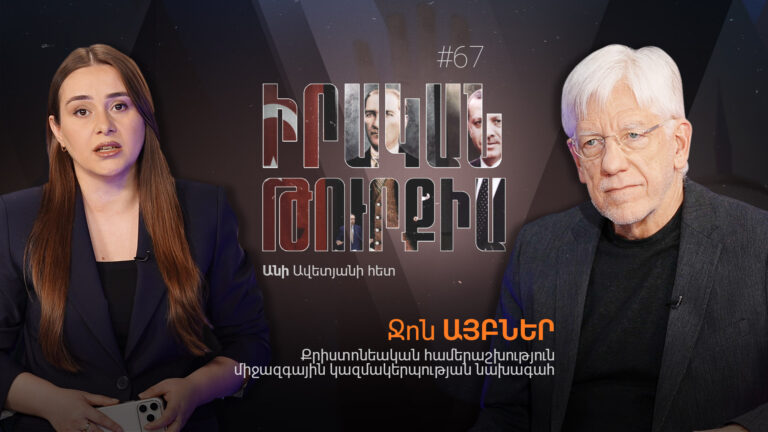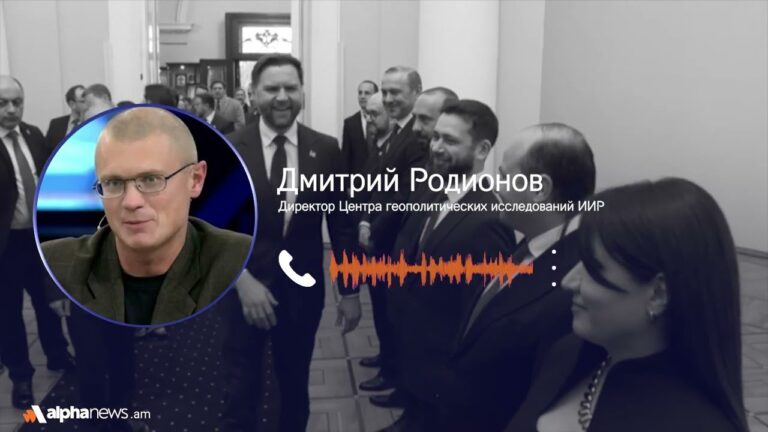Pashinyan’s apolitical policy
September 12 2023, 23:02

On September 11, Nikol Pashinyan gave an extensive interview to Public Television of Armenia, making a number of remarkable statements that require analysis, but first of all it is worth saying that during his entire interview Pashinyan called not “to politicize policy.”
Thus, Pashinyan called not to “politicize his wife’s visit to Ukraine”, not to “politicize the humanitarian crisis in Artsakh”, and also, on the one hand, tried to single out one of the opposition candidates for mayor of Yerevan, and on the other hand tried to present the elections as a process election of a “housekeeping manager”, in a situation where “the main decisions are still made by the government,” that is, by him personally.
Leaving emotions aside, let’s try to understand the situation based on the logic of political processes.
Having stated that Armenia accepted the Russia’a proposal from August 2022 to “postponement of discussions on the status of Artsakh to the future,” however, after Baku’s refusal to accept this proposal, Moscow did not insist on its own, as a result of which the question of postponing discussions on the status of Artsakh to the future “ceased to be a relevant agenda for negotiations,” Pashinyan demonstrated that he does not fully understand the essence of the term “mediator.”
The mediator should not, and cannot, impose this or that decision on the parties, in which case he turns from a mediator into a “party to the conflict.” The Russian proposal “to postpone the issue of the status of Nagorno-Karabakh to future generations” was a window of opportunity for the Armenian side, clinging to which official Yerevan had to build a new concept conflict resolution. However, Pashinyan followed the path of least resistance and recognized Artsakh as part of Azerbaijan.
Anna Hakobyan’s visit to Kyiv, with a number of reservations, could be called a “visit of a humanitarian nature,” if Hakobyan had transferred assistance only to the Armenian community, if after her visit to Ukraine she had transferred humanitarian aid to the Belgorod region of the Russian Federation, and again to representatives the Armenian community, and also, if the transferred goods were not “dual-use” – smartphones and tablets can be used both in education and on the battlefield, for example, to monitor the operation of drones.
The humanitarian crisis in Artsakh did not arise out of nowhere, but is essentially political in nature and is a consequence of a political decision, Nikol Pashinyan’s personal decision to recognize Artsakh as part of Azerbaijan. With this decision, Pashinyan “edited” the statement of November 9, 2020, because if Artsakh is recognized as part of Azerbaijan, then the status of the Lachin corridor has also changed, which also changed the status of the Russian peacekeepers, which led to the appearance of the Azerbaijani checkpoint in the corridor, causing a blockade that gave rise to humanitarian crisis. To put it differently, the resolution to the problem of the blockade, and, accordingly, to the humanitarian crisis, is political.
In the interview, Pashinyan repeatedly said that “Armenia strives to be understandable to the international community,” and in the context of the elections we see that the representatives of the “international community” – the US, EU, Azerbaijan and Turkiye – condemned the Artsakh presidential elections and did not recognize their results. Based on this, it becomes even more obvious why Pashinyan did not congratulate Samvel Shahramanyan on his election, and even avoided the word “president”, calling him “the leader of Artsakh,” which in turn proves that there is “an unofficial international mechanism regulating relations between Armenia and Artsakh.”
Calling Shahramanyan “the leader of Artsakh” is also another “lowering of the political status of the Republic of Artsakh”, which, contrary to the opinion of many, began in the summer of 2020, that is, before the 44-day war, and began with the fact that the political term “Republic of Artsakh” was removed from the National Security Strategy of the RA and replaced with the geographical designation “Nagorno-Karabakh”.
As for the elections to the Yerevan City Council, Pashinyan, on the one hand, tried to convey to the elections “the nature of the election of the Yerevan housekeeping manager”, on the other hand, he singled out a candidate favorable to himself in the opposition field, and well understanding that his criticism of this candidate can only benefit him, he dedicated a large part of the interview to this candidate.
In 2017, during the same elections to the Yerevan City Council, the figure of Pashinyan was singled out, with his “walks on the roofs of Yerevan” being highlighted.
This method of modeling the political field is “as old as time,” but it is precisely this method that Pashinyan uses, while trying to “depoliticize” all political processes in and around the country.







